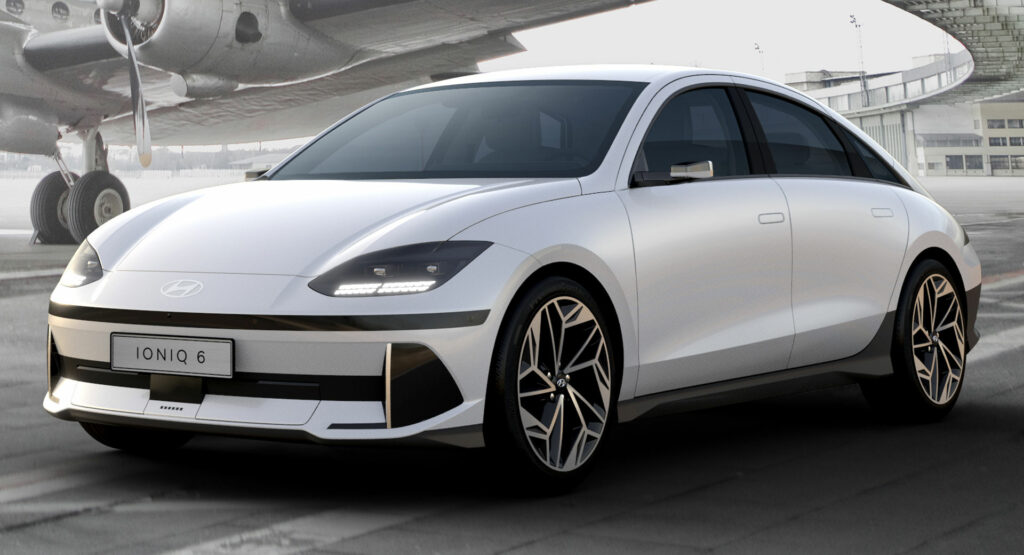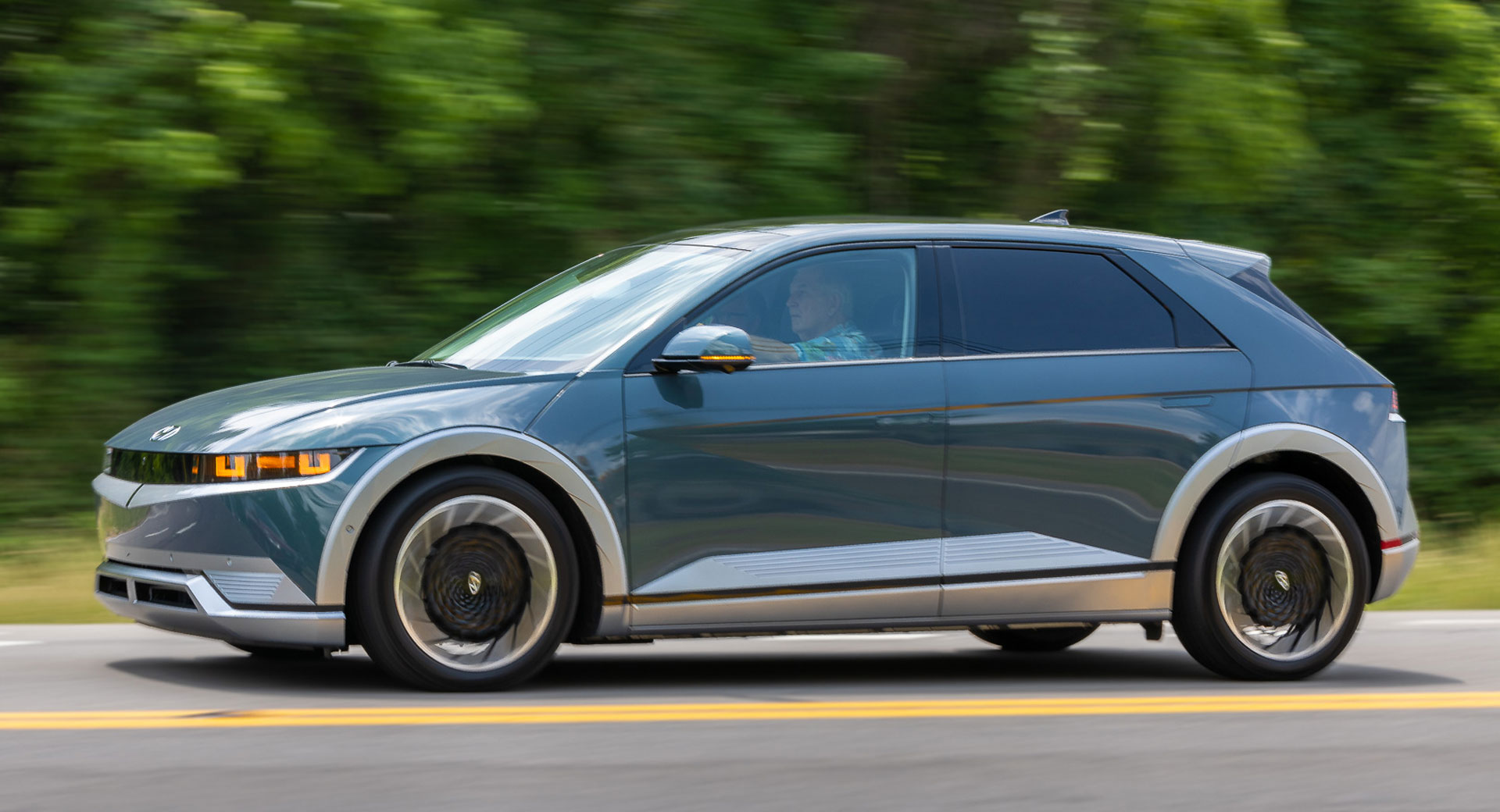U.S. Senator Reverend Raphael Warnock from Georgia has introduced a new bill that could give automakers like Hyundai a reprieve on federal EV tax credits in the United States.
The Affordable Electric Vehicles for America Act aims to introduce a phase-in period for EV sourcing and manufacturing requirements as stipulated in the Inflation Reduction Act.
For vehicles to be eligible for the tax credits moving forward, EVs must be manufactured in North America, as well as their battery packs, and the materials used in the batteries must be sourced domestically or from countries the U.S. has a free trade agreement with. The Affordable Electric Vehicles for America Act would delay these provisions, pushing back the battery requirements until 2025 and manufacturing requirements to 2026.
The bill would be particularly beneficial to Hyundai as its $5 billion electric vehicle plant in Bryan County, Georgia is expected to be operational in 2025.
Read Also: South Korea Becomes Latest Country To Voice Concerns Over America’s New EV Tax Credit
“I’m focused squarely on helping Georgia car buyers save money and helping car manufacturers who do business in our state thrive,” Senator Reverend Raphael Warnock said in a statement. “The Affordable Electric Vehicles for America Act will lower costs for Georgians and provide consumers more options when purchasing an electric vehicle, while also supporting good-paying jobs across our state and bolstering Georgia automakers like Hyundai. I’m going to do everything I can to get this bill over the finish line.”
South Korea has been vocal in its opposition to the Inflation Reduction Act which would mean no current EVs from either Hyundai or Kia would be eligible for tax credits. Indeed, officials from the country met with their U.S. counterparts in September to express their concerns. Hyundai Motor Group chairman Euison Chung also made a visit to Washington to discuss the act.
It has been reported that South Korean officials asked the Biden administration to postpone the new rules until the completion of its factory in 2025.





